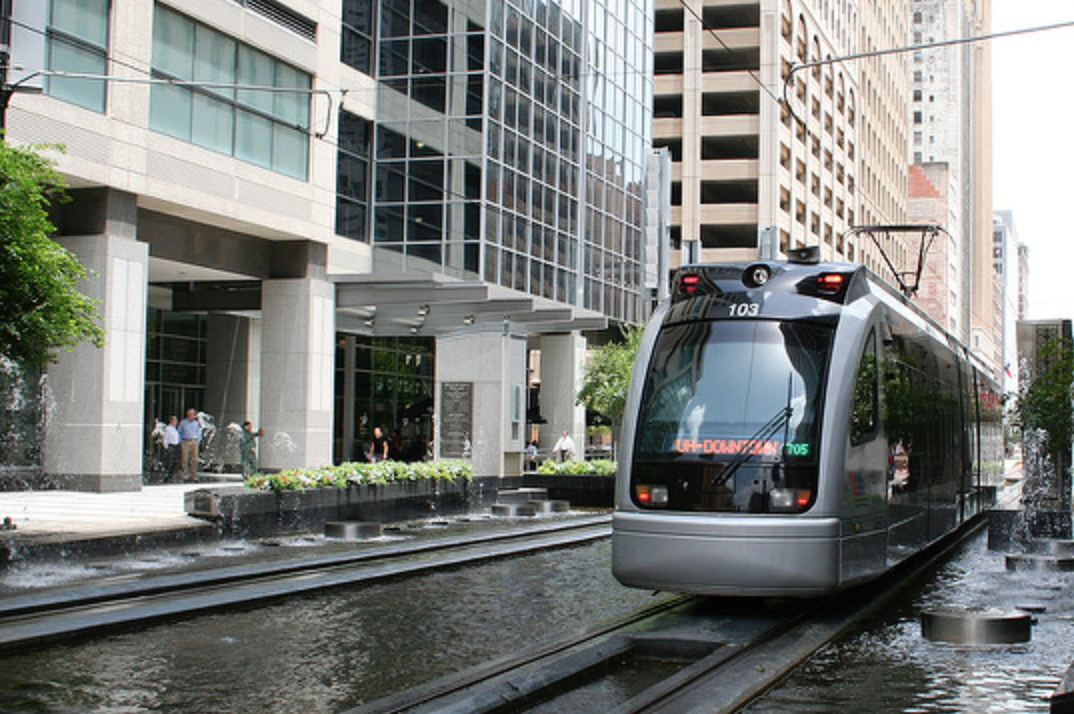The transit habits we grew up with shape our transit habits as adults, according to new research. The finding is a bit intuitive, but researchers say local governments could use it to help groom the next generation of riders.
Using individual-level data spanning decades, Michael Smart, an urban planning professor at Rutgers University, and Nicholas Klein, a visiting professor at Columbia University, analyzed how exposure to transit as children and young adults can contribute to an "auto-light lifestyle" and increased transit usage later in life, even when people move to less transit-friendly places.
"If today’s travel choices are influenced by our prior experiences, this would suggest a long-term rationale for encouraging public transportation use," the authors wrote in the study published this month in the Journal of Planning Education and Research.
The researchers cite programs like those that offer free or reduced fares to high school and college students as ways to help create longterm transit users. But they also found that the transit environment of someone in their late 20s and early 30s was the strongest predictor of future use, suggesting the need for more policies appealing to that age group.
Using data from a long-running household survey, the researchers recreated individual transit histories, following people as they moved from place to place. They found that old habits carry over. So in other studies, for example, researchers have found "that when urbanites move to the suburbs, they have fewer vehicles than would be expected and, conversely, when suburbanites and rural residents move to the central cities, they own more vehicles than their urban peers."
There are other factors that shape transit decisions, of course, including time, cost and life events like having a baby. But the researchers sought to determine whether past transit usage could predict future habits, measured by both car ownership and transit usage. Across the board, the researchers found both current and past transit exposure mattered. Confirming previous research, they found, that "rural kids who move to the city consistently own more cars than their neighbors who grew up in the city, and the opposite is true for city kids who move to rural or exurban places."
After finding that exposure to transit did impact future behavior, the researchers looked at whether the age of exposure had different long-term effects.
"A person’s exposure to public transit during the period from their early 20s to the late 30s has the strongest effect on their later travel behavior," the researchers noted, "even larger than the effect of their current transit environment. For someone who is say 40, 50 or 60 years old, this suggests that the quality of public transportation where they lived when they were 30 years old has twice the effect on their current travel than the transit in their surrounding neighborhood."
Other research has also suggested that targeted transit policies and incentives can be most effective just after someone moves to a new city or location. Researchers from Cardiff University in Wales have described a "window of opportunity" during the first six months after an individual moves to a new house during which he or she is most likely to "opt for a greener mode of transit."
There are still some unknowns, Smart and Klein acknowledge, including how much transit exposure exactly is necessary to contribute to significant changes down the line. "We do not know what levels of transit service are necessary early in life to lead to a lifelong habit of transit use and decreases in car ownership," they wrote. "We also do not know if these effects are universal and how the dosage of transit interacts with other factors."
But for cities, the authors argued, there's clear message. Though "these types of future payoffs may be difficult to quantify and incorporate in traditional cost-benefit analysis," there are still payoffs, they argue. And with so many young people moving to cities in recent years, they speculate that this population will help "lay a foundation for transit use in the years to come."


